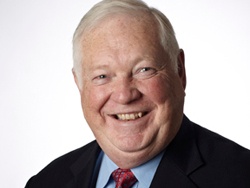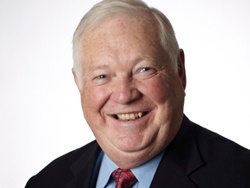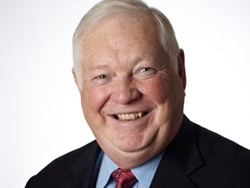


There are two types of knowledge: intellectual knowledge and experiential knowledge. People like learning not from people who simply talk about a subject, but from people who have lived the subject. They want to learn from those who have not only head knowledge, but also heart knowledge.
Have you paid-or are you paying-or are you willing to pay the price to know from experience what you share with your participants? That's the only way you'll be able to stand before others and have absolute confidence in what you're saying. That's the only way you'll know that you aren't "scraping the bottom of the barrel" in communicating with your group.
"A man with an experience is never at the mercy of a man with an argument," is a profound truth stated by C.S. Lewis. There's power that goes into the classroom with you when you know what you know, not simply through the head but through the heart-from solid, practical experience.
For the past 30 years, I have worked with innovative industry professionals on a dynamic training approach that replaces passive, lecture-based training. The result is what is now known as participant-centered training. At the core of this approach is a level of interaction that trainers have discovered dramatically increases retention, enjoyment, and training transfer on the job.
In a nutshell, the key focus in this approach is to assist participants during training to develop their own experiences, find their own answers, and tap into their own resources, as well as those of their colleagues, to reach solutions that work. These provide experiences from the heart that are long-term and truly their own, providing them with powerful ammunition in the training battle of "know" versus "know about."
Don't miss out on updates and chances
to sharpen your skills with participant-centered learning.




3740 N Chestnut St #113 - Chaska, MN 55318-3053